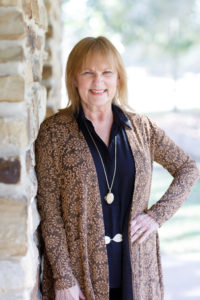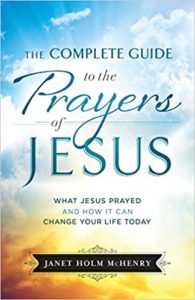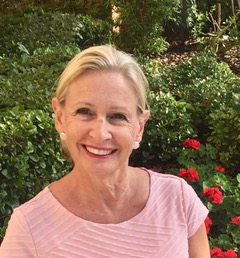 Guest post by Andrea Chatelain
Guest post by Andrea Chatelain
The situation was out of my control as I watched people I love stung by betrayal.
With anger, sadness, and hope all fighting for my attention, my emotions swung back and forth to become a bitter weapon at one moment or a peaceful salve at another. I felt useless—until I realized the healing power I possessed, but was holding back: undeserved forgiveness.
When the people I love are hurt, my first reaction is sometimes to speak and act out of my emotion rather than my faith. But as I recently navigated relational pain, God pushed me to remember my story—how He pursued me. He used some of my darkest moments for my good, to bring me closer to Him in faith. And if it’s true for me, it’s true for those who’ve hurt me too.
Jesus taught and modeled some hard lessons to swallow. Love your enemy. Be peacemakers. Pursue mercy. Forgive because your Heavenly Father has forgiven you. These commands all sound good, until you have to put them into practice. If you’re like me, your heart sends out condemning messages instead like, You hurt me! You don’t deserve my forgiveness! How could you do that? That was wrong.
That’s why I need the Holy Spirit to guide my thoughts. I have to check in with truth in Scripture of what I’ve freely received from God and never deserved.
Like this…
“So if there is any encouragement in Christ, any comfort from love, any participation in the Spirit, any affection and sympathy, complete my joy by being of the same mind, having the same love, being in full accord and of one mind. Do nothing from selfish ambition or conceit, but in humility count others more significant than yourselves” (Philippians 2:1-3 ESV).
That Scripture challenges me to ask, what do I get from knowing Jesus? And do others receive the overflow from me?
I think of how He’s comforted and encouraged me through depression and anxiety. How in Him I found mercy and unconditional love in spite of my rebellion. As I reflected on times I screwed up big or small, hurt others, or acted foolish and sinful, I map out evidence that God pursued me in my pits. It’s the jolt of reality I need to help me forgive others well.
God grew a beautiful faith out of my blunders. Knowing He loved me despite my imperfection, switches my mindset towards others who outwardly offend. God’s actively redeeming their story too. No matter how far they’ve gone.
So when my thoughts want to condemn the people who feel like my enemy, the Holy Spirit counters saying, Who are you to stand in my way of redeeming my people? I bought you back when you were a sinner. And I’m on a mission to free them too. You get to choose what role you want to play. You can be a mirror of the undeserved life-giving forgiveness that I extended to you, or you can harbor bitterness that leads them farther away.
We forgive because we’ve been forgiven. But we also forgive because we know that knowing Jesus is the only way for our enemies to change. It’s a springboard for God to do His redemptive work in their lives.
Paul urges this, saying, “For such a one, this punishment by the majority is enough, so you should rather turn to forgive and comfort him, or he may be overwhelmed by excessive sorrow. So I beg you to reaffirm your love for him” (2 Corinthians 2:6-8 ESV).
I’ve seen people punished by the majority for their sins. And at times, I wanted to heap coals on the fire too. But God calls us to be a different kind of firelight.
When we choose the harder way of forgiveness, Paul says we save that person from excessive sorrow and we bring them back into love. It’s a beautiful picture of the gospel. The person will never forget it. And you can be sure God will use your faithfulness for His glory and your good.
What have you received freely from Christ? When have you felt His comfort, love, and mercy? When have you needed forgiveness? Reach out, reaffirm your brotherly or sisterly love for someone who perhaps doesn’t deserve forgiveness. Pray that God uses your obedience to help that person experience God’s love in a big way. And trust that He is actively working in their story just like He redeemed yours.
About the Author
 Andrea Chatelain’s mission is to meet those who are struggling and love them forward with God’s truth. She’s a Midwest mom of three, faith and family writer at A Fruitful Woman, writer/speaker for WhollyLoved Ministries, and college English instructor to immigrants and refugees. She believes God is still in the business of restoring and redeeming His people, and she loves connecting with others to remind them of God’s love.
Andrea Chatelain’s mission is to meet those who are struggling and love them forward with God’s truth. She’s a Midwest mom of three, faith and family writer at A Fruitful Woman, writer/speaker for WhollyLoved Ministries, and college English instructor to immigrants and refugees. She believes God is still in the business of restoring and redeeming His people, and she loves connecting with others to remind them of God’s love.




















